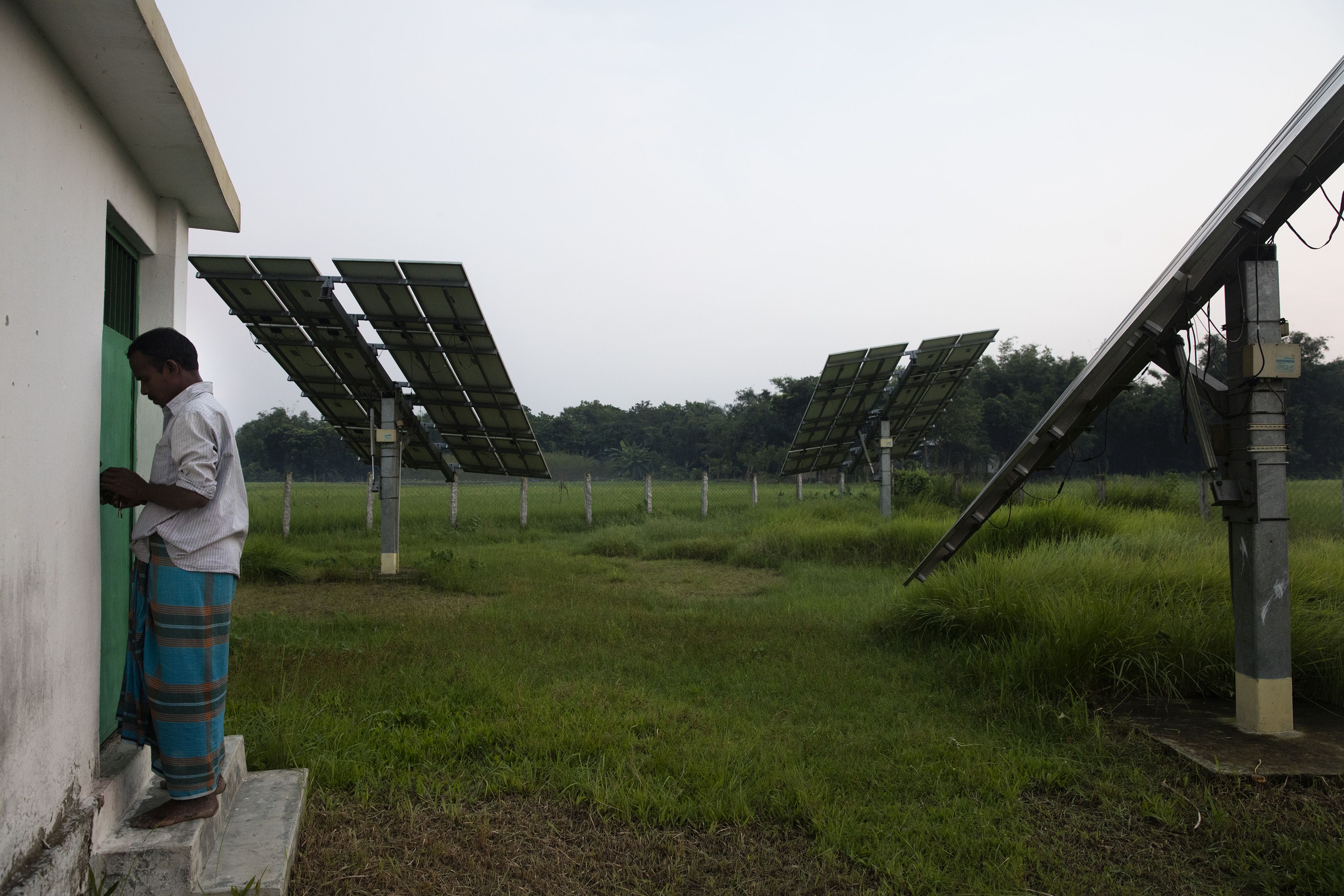News & Updates
$55 million to connect rural Bangladesh with renewable energy
30 May 2018

The government of Bangladesh has signed a $55 million agreement with the World Bank to expand the country’s use of renewable energy in rural areas.
The financing comes as part of the Second Rural Electrification and Renewable Energy Development (RERED II) Project and will install 1,000 solar irrigation pumps, 30 solar mini-grids, and 4 million sustainable cooking stoves.
The World Bank has been committed to helping Bangladesh expand its renewable energy services in rural areas. Today, Bangladesh has one of the world’s largest domestic solar power programmes, supporting 14% of the population.
Qimiao Fan, Country Director for Bangladesh, Bhutan, and Nepal commented:
“Since 2003, the World Bank has been helping Bangladesh to improve access to electricity through renewable energy. Following a successful demand-driven public-private partnership programme, Bangladesh installed 4.2 million solar home systems”
“This additional financing will help scale up use of clean and renewable energy such as solar irrigation pumps and solar mini-grids, which will help reduce poverty, improve the environment, create jobs, and open up new opportunities for rural people.”
The project will also receive an addition $20 million from the Green Climate Fund which will be used to scale up the use of sustainable cooking stoves which emit 90% less carbon monoxide and use 50% less fire wood.
The new stoves will benefit the environment by cutting emissions and improve health as the smoke produced from cooking stoves is often very damaging to human health.
Kazi Shofiqul Azam, Secretary, Economic Relations Division, Government of Bangladesh noted the country’s commitment to renewable energy:
“The government of Bangladesh targets a 100 percent coverage of improved cookstove by 2030…the additional financing will be important to ensure that every rural household has an improved cookstove.”
If you’d like to stay informed on the latest updates in aid and development, please sign up for the AIDF newsletter.
Image credit: World Bank